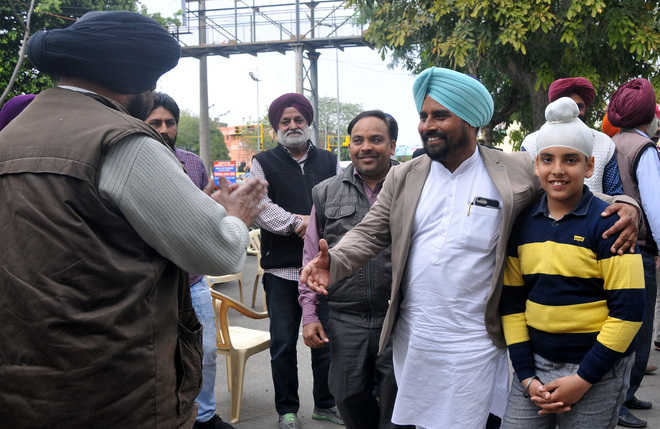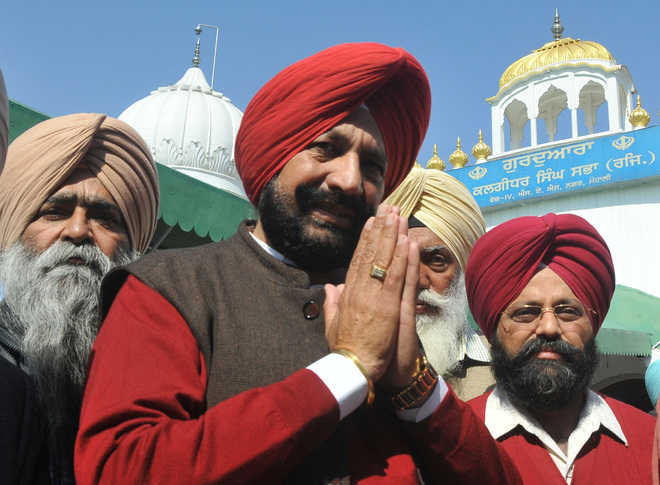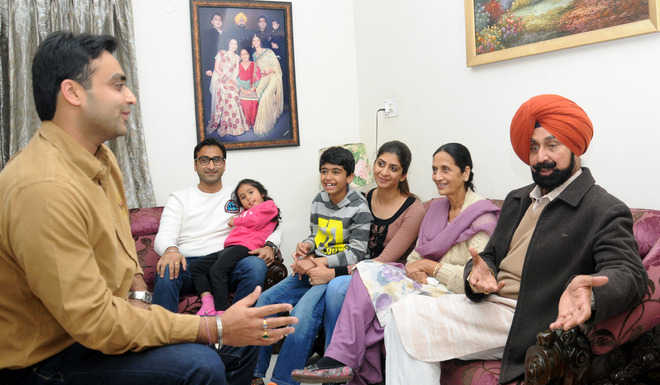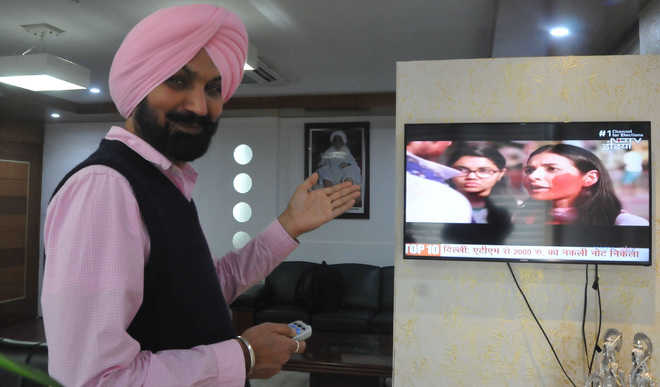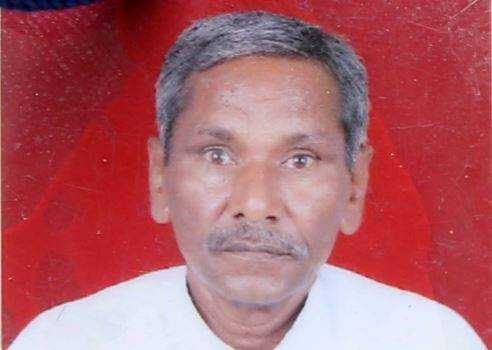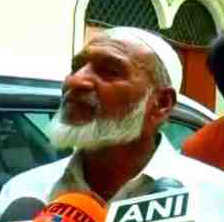
A file photo of snow-cutting operation on the Manali-Leh route.
Dipender Manta
Tribune News Service
Manali, March 2
With the hills witnessing the heaviest snowfall this year, the opening of the Manali-Leh highway to vehicular traffic is expected to take some more time this season.The opening of the Rohtang Pass to traffic may be delayed this year as the Border Roads Organisation (BRO) is yet to start the snow clearance work.Every year, the BRO starts snow clearance work from Gulaba to the Rohtang Pass depending on weather conditions. However, this time the BRO authorities are undecided as the state Met Department has predicted more rain and snow in the next four days.Talking to The Tribune, BRO commander Col AK Awasthi said: “We are uncertain about starting the snow clearance work because of inclement weather conditions in the region. We are in regular contact with the Snow and Avalanche Study Establishment to get weather updates and as soon as the weather becomes fine, we will start the work.”The 474-km-long stretch of the Manali-Leh highway, 222-km stretch till Sarchu, has received heavy snow this year, posing a challenge to the BRO to resume traffic in the stipulated time.The Manali-Leh highway opens to traffic in May-end or the first week of June every year, but this time, it will be difficult to clear snow from avalanche-prone areas like the Rani Nullah, Beas Nullah, Chumbak Mor, Rakshi Dhank and Bara-lacha areas, which are under a thick blanket of snow.On the Rohtang Pass and Bara-lacha, more than 20 ft snowfall was recorded during the winter. People of Lahaul & Spiti are awaiting the start of the snow clearance work on the Manali-Leh highway as they are dependent on flight services provided by the state government to travel in and out of the district.Though BRO personnel have faced tough challenges in the past during the opening of the road, they are still working even during snowfall to keep Lahaul roads open to public. Despite heavy snowfall this year, the BRO has kept many stretches of the highway in populated areas in Lahaul & Spiti open.
Met warning
- Every year, the BRO starts snow clearance work from Gulaba to the Rohtang Pass by this time
- But now, the BRO authorities are undecided as the state Met Department has predicted more rain and snow in the next four days.
- On the Rohtang Pass and Bara-lacha, more than 20 ft snowfall was recorded during the winter.














